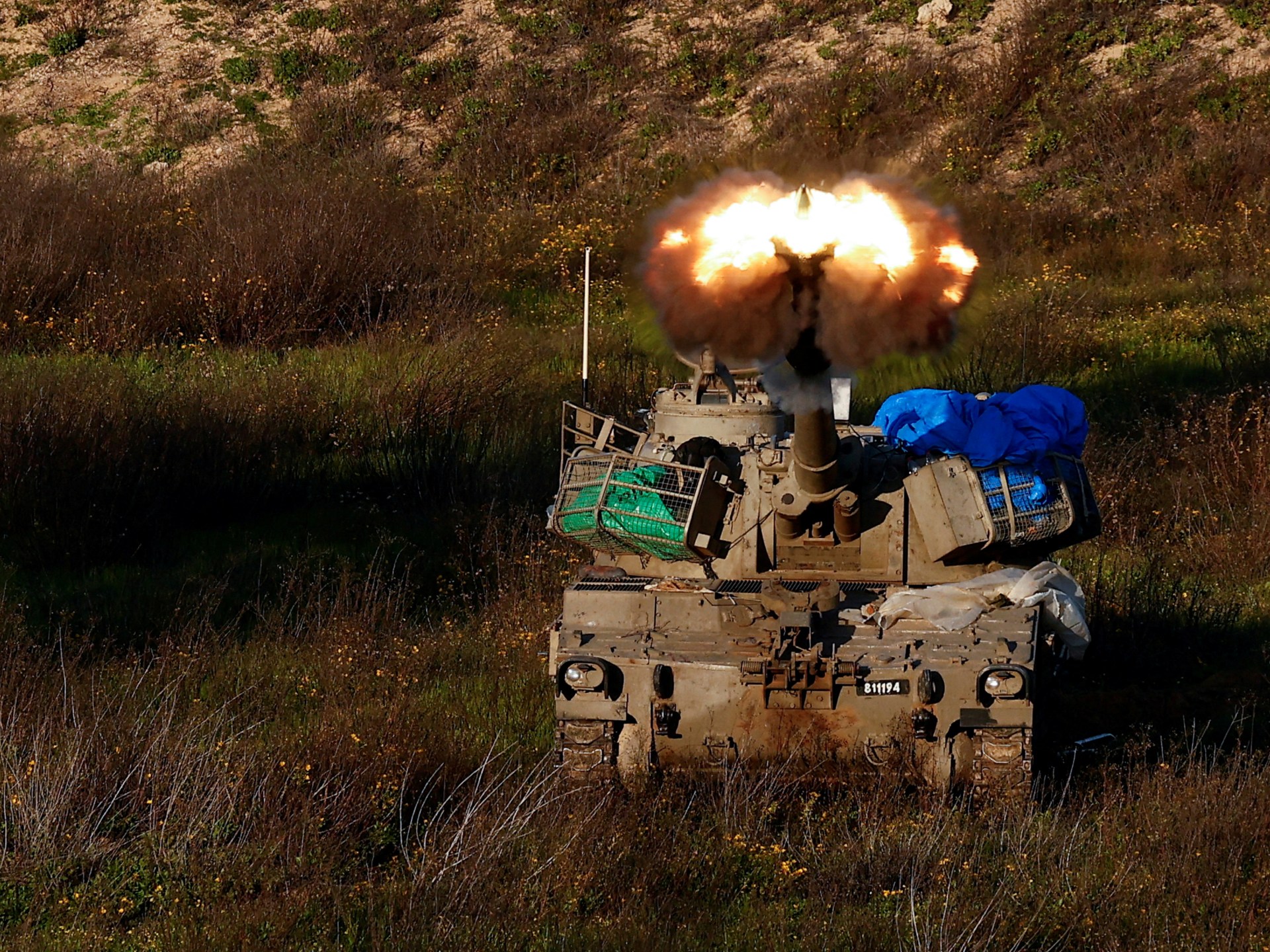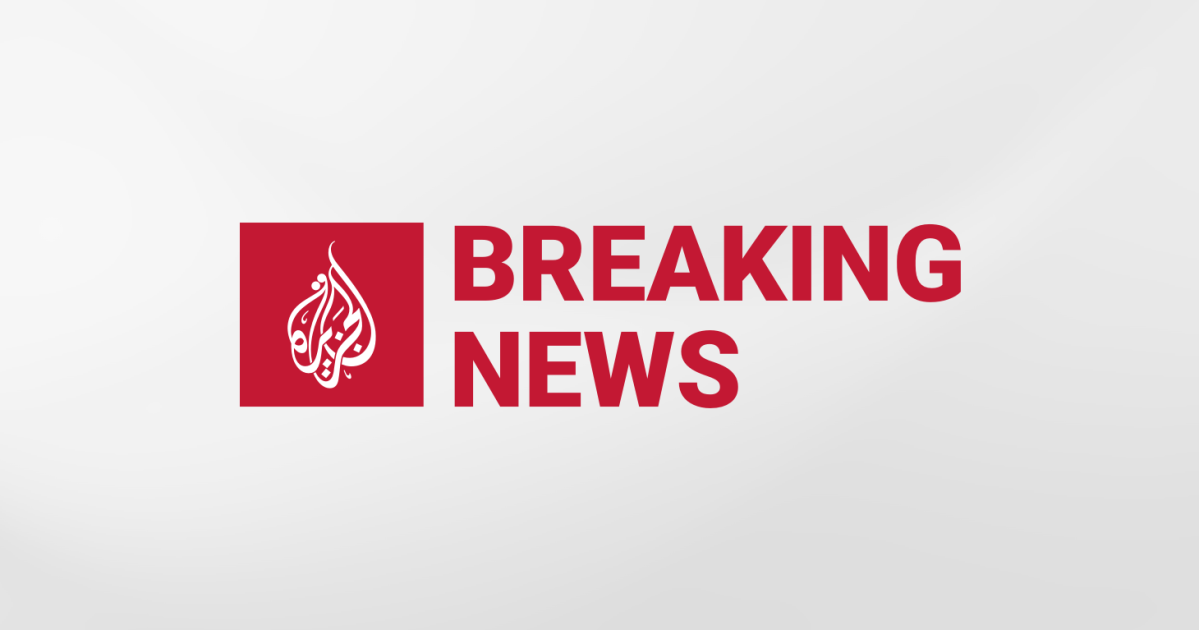Lula da Silva confirmed as Brazil party’s presidential candidate
Former Brazilian President Luiz Inacio Lula da Silva confirmed as a presidential candidate before October election.
Former President Luiz Inacio Lula da Silva was officially nominated by his left-wing Workers Party (PT) to run against far-right incumbent President Jair Bolsonaro in Brazil’s most polarised election in decades.
The Thursday vote of party delegates at a hotel in Sao Paulo was widely expected and merely symbolic, with da Silva’s campaign already on the move. The 76-year-old did not attend the party’s convention as he is campaigning in his home state of Pernambuco in Brazil’s impoverished northeast. He was leading all polls against incumbent President Jair Bolsonaro.
This year will mark the sixth presidential bid by da Silva, who Brazilians universally refer to as “Lula“.
A Lula victory in the October 2 poll would represent an astounding comeback by the former union leader. Lula, who led Brazil for two terms from 2003 to 2010, spent 580 days in prison on corruption convictions that were later annulled.
Lula was also confirmed as the Workers’ Party candidate in its 2018 convention, then a corruption and money laundering conviction removed him from the race and paved the way for Bolsonaro’s victory.
As his party launched his ticket, Lula met artists and intellectuals at a rally in a theatre in the city of Recife, where supporters chanted his name.
Campaigning on his achievements in reducing poverty at a time of rapid growth fuelled by a global commodities boom, Lula has blasted Bolsonaro for the return of hunger among Brazil’s poor during an economic slump caused by the COVID-19 pandemic.
“I didn’t need to be president again. I could save my diploma of best president ever and live the last years of my life quietly,” Lula said during a rally. “But I saw this country being destroyed. I saw our education being led by a guy who doesn’t like education. So, I decided to come back.”
The former union leader was released from prison in 2019 and his convictions were quashed last year after the Supreme Court ruled the judge presiding over the case, Sergio Moro, was biased. That enabled Lula’s presidential run this year. Moro, who oversaw the sprawling “Car Wash” corruption probe, later became Bolsonaro’s justice minister. A UN panel found that the probe violated Lula’s right to a fair trial.
To attract moderate voters disappointed with Bolsonaro’s government and soften his left-wing image, Lula has picked as his running mate former Sao Paulo Governor Geraldo Alckmin, a centrist respected by business leaders. Lula has said that Brazil’s businessmen should “pray I return as president”.
Absent were those former PT officials who helped him win his first successful presidential campaign in 2002, such as his former chief of staff Jose Dirceu, and his graft-tainted former finance minister Antonio Palocci. Both men spent time in jail on corruption charges.
Lula has promised he will increase the role of the state in the economy and increase social welfare, while maintaining a free market. Among his main advisers is a young economist, Gabriel Galipolo, former CEO of Banco Fator investment bank and managing partner of Galipolo Consultancy.
In interviews, Lula has hinted that this year’s run will be his last campaign for the highest office and that he would not seek a second term if elected again. He has tried to reach out to moderates as the nation remains fiercely polarised.
Bolsonaro, a far-right politician, has characterised the upcoming race as a battle of good versus evil. Trailing in the polls, he has also presented unsubstantiated claims that Brazil’s electronic voting system is susceptible to fraud, which many analysts have said indicates he is laying the groundwork to reject election results. Bolsonaro’s Liberal Party will hold its convention Sunday to confirm him as its candidate.
Left-wing politician Ciro Gomes made his candidacy official Wednesday. He has been third in opinion polls, but trailing far behind da Silva and Bolsonaro.
Da Silva was backed by 47 percent of likely voters in the October 2 election and Bolsonaro by 28 percent, according to the Datapolha poll from June, which had a margin for error of two percentage points. That puts da Silva within striking distance of an outright victory in the first round, with no runoff needed, though analysts have said they expect the race to tighten in coming months.




